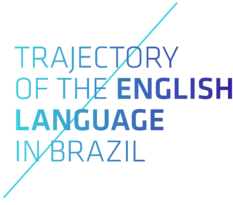
2016
British Council organises 2nd English language forum
In 2016, the 2nd British Council English Language Forum took place in São Paulo. The event focused on the construction and implementation of foreign language curricula, especially English, in the context of the National Common Curricular Base. National and international experts provided valuable information and experience reports from different countries to offer practical tools and knowledge for planning, designing and implementing foreign language curricula. The forum had another edition in 2012. In this year, in addition to the debates, the British Council offered aid to the Science Without Borders programme in the form of teaching materials and English proficiency tests.
2016
Brazilian Inclusion Law comes into force
Also known as the Statute of Persons with Disabilities, the law came into force in 2016. It is an adaptation of the UN Convention on the Rights of Persons with Disabilities for Brazilian legislation. The law reinforces the inclusive perspective in education (instead of special education). In other words, it proposes school planning that includes methodologies, spaces and materials that suit everyone, instead of creating a segregated system for people with disabilities. This perspective corroborates the teaching of the English language in the country as an important pedagogical tool for inclusion.
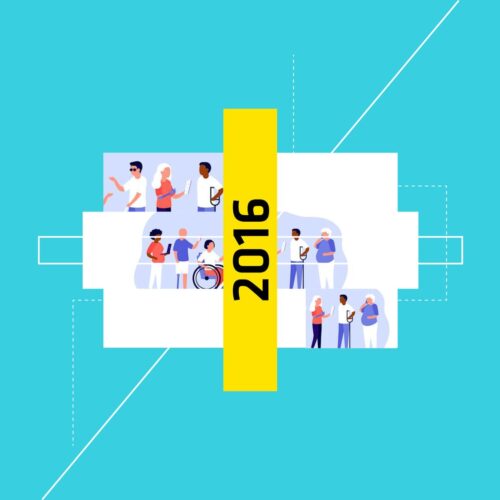
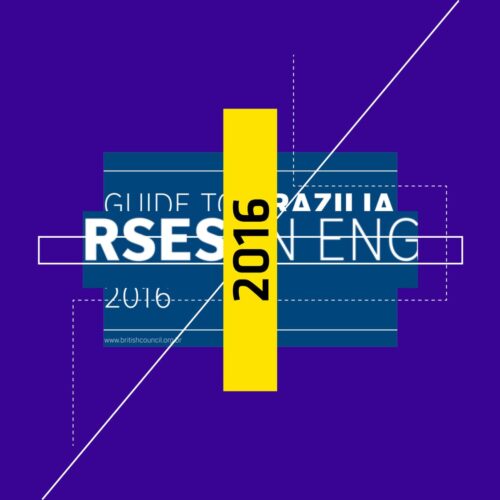
2016
First Guide for Higher Education Courses in English is launched
In a partnership between the Brazilian International Education Association (FAUBAI) and the British Council, the Guide to Brazilian Higher Education Courses in English presents the first complete survey of higher education courses offered in English. The guide provides detailed information on hundreds of courses at 45 higher education institutions in four regions of Brazil. The guide makes it easier for students from Brazil and abroad to access more accurate information about these courses, which contributes to the promotion of academic mobility in the country and encourages the offer of courses in English and Portuguese for students abroad.
2016
Black poet and teacher creates Afrocentric English course
Poet and teacher Ryane Leão realised that black men and women made up the minority of students in English courses and decided to act. To help combat this inequality, she created the Odara English School. The group of black educators teaches the English language to black women based on Afro culture and at affordable prices. By the end of 2020, the school was already teaching 250 students. The project is located in the centre of São Paulo.
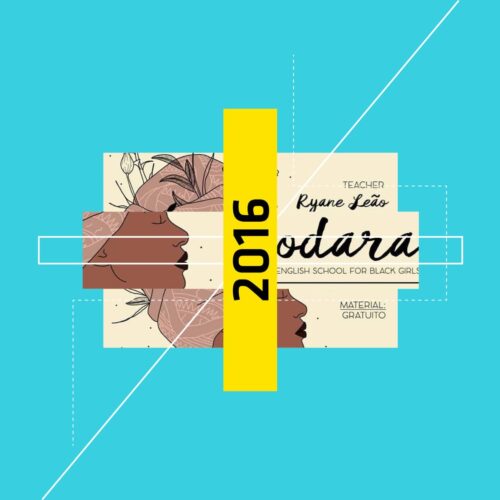
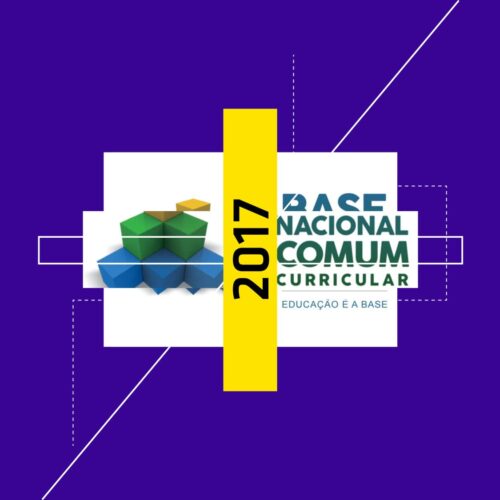
2017
National Common Curricular Base (BNCC) endorses English as a lingua franca
The BNCC regulated the essential content for teaching in Brazilian public and private schools in all stages of education. English is treated as a lingua franca, and no longer a foreign language. The change boosted a more flexible teaching method, with interculturality and protagonism for those who study. As of the Secondary Education reform in force in 2020, English became mandatory from the 6th year of Primary Education until the end of schooling.
2017
Teacher training is adjusted
The National Common Base for Training Basic Education Teachers of the Ministry of Education (MEC) proposes to improve the quality of teaching offered to students while valuing the teacher. The full degree diploma is mandatory for teachers from the final years of Primary Education onwards, and teacher training curricula underwent adjustments. The low number of teachers with qualifications is still a major challenge: according to the report “Public policies for the teaching of English” by the British Council, 54.7% of English teachers in public schools do not have sufficient training in English or Foreign Language teaching.

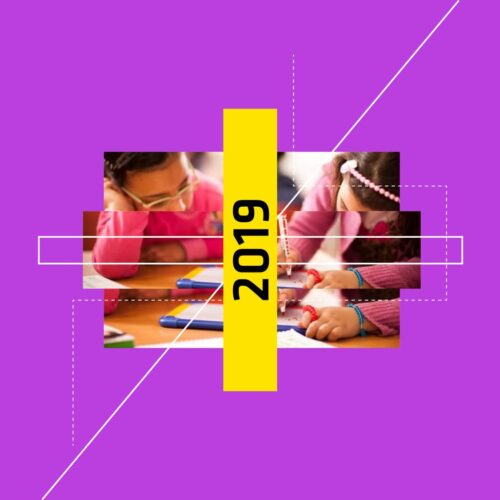
2019
National Common Curricular Base (BNCC) for the English language contributes to debates and publications
In April, the British Council and the Centre for References in Integral Education launched the Inglês at BNCC. OThe objective was to support technical teams, teachers and professors in the implementation of English language curricula. In November, the publication Public Policies for Teaching English was launched in partnership with Move Social. The study provides an overview of the structuring and consolidation of English teaching in Brazilian states at the time of the implementation of the BNCC for the English language, highlighting common challenges for improving the quality and equity of this teaching, but also highlighting inspiring good practices in different regions of the country.
2019
Black women are underrepresented in textbooks
They are less represented in Brazilian textbooks than white men, black men and white women. This was the conclusion of the researcher Aparecida de Jesus Ferreira, based on her multidisciplinary study on gender and race, which involved the analysis of a textbook from Cameroon and one from Brazil. The name of the thesis is Social Identities of Black Women in Foreign Language Textbooks in Brazil and Cameroon: Intersectionalities of Race, Gender, Social Class, and Critical Racial Literacy.
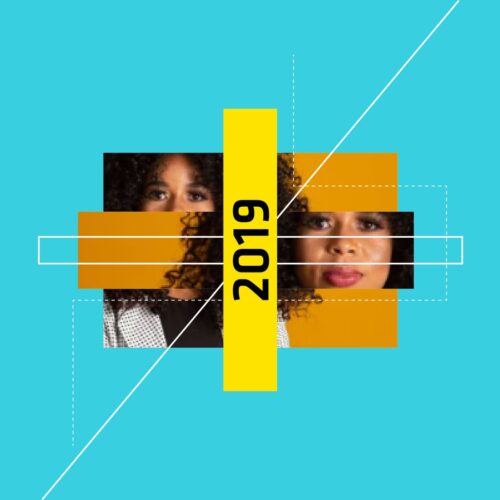
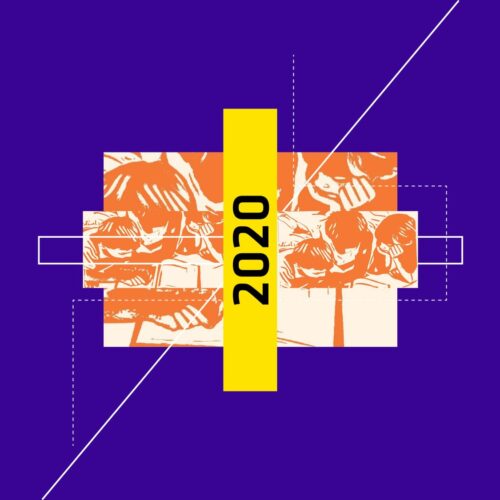
2020
Guidelines for plurilingual education in Brazil are debated
What characterises the bilingual school? The one that offers academic content in both languages, according to researcher Ivan Siqueira, then a member of the National Council of Education (CNE) and rapporteur of the National Guidelines for Plurilingual Education in Brazil. In its guidelines, the CNE defined the minimum workload for teaching a second language (Regulation no. 2/2020). On December 6, 2022, the document was awaiting approval by the MEC.
2020
Implementation of the Skills for Prosperity Programme (S4P) begins
In Brazil, the objective of this British government initiative is to democratise access to quality and equitable English teaching. Through direct actions, it is expected to reach, in the period of three years (2020-2023), 2.2 million primary education students and 14.3 thousand English language teachers in five states (Amapá, Pernambuco, Mato Grosso do Sul, São Paulo and Paraná), in addition to carrying out nationwide actions. A consortium of institutions with recognised experience in the areas of education and English is leading the programme in the country — Lemann Foundation, Associação Nova Escola, Reúna Institute and the British Council.


2020
The world’s first Observatory for English Language Teaching is launched
In December 2020, the first online observatory on the subject emerged. The aim is to bring together original content on teaching and learning English and its relationships with equity, diversity and inclusion, in addition to curating specialised materials from external sources. The Observatory also analyses and disseminates data on English in Brazilian public education administrative units in order to support public policies and evidence-based decision-making.
2020
Partnership between government and CAPES offers scholarships to study in the USA
In 2020, the Professional Development Programme for English Language Teachers in the United States (PDPI) was created. The federal government initiative, under the responsibility of the Coordination for the Improvement of Higher Education Personnel (CAPES) offers six-week scholarships in the USA for professionals in the public education sector. The programme covers all costs of those selected, including academic and cultural activities. The teachers were selected to start their studies after the COVID pandemic in 2023.

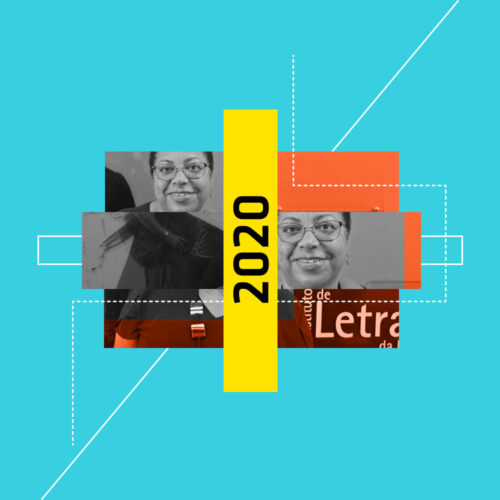
2020
Professor Janaina Cardoso becomes the first black director of the Institute of Letters at the State University of Rio de Janeiro (UERJ)
Elected for the 2020-2023 quadrennium, the doctor, professor and university director acts in the training of language teachers and professors with a critical-reflexive, decolonial and anti-racist approach. She is a reference in English language teaching and English language literature at the university, as well as a researcher of language teaching in digital culture. Her leadership of the Letters Institute opens up new perspectives and opportunities for teaching English at UERJ and in Brazil. Ready the director’s exclusive interview for the platform Trajectories of the English Language in Brazil.
2021
UK-Brazil Skills for Prosperity programme provides various materials on English language teaching in Brazil
As part of the UK-Brazil Skills for Prosperity Programme, Reúna Institute launched technical-pedagogical materials, while Nova Escola produced didactic materials (Xperience) with the support of English language teachers from public school systems, in addition to a set of courses to expand language knowledge and confidence of teachers to mediate student learning, the Language Improvement For Teachers (LIFT). All content is free and can be accessed by the Observatory for English Language teaching. Project proposals are aligned with the National Common Curricular Base (BNCC).
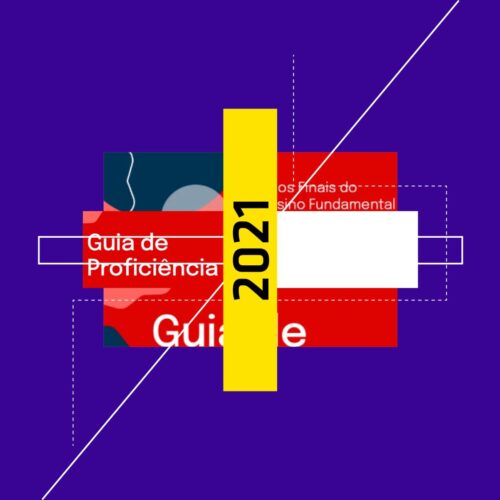

2022
Lewis Hamilton receives honorary citizenship of Brazil
British Formula 1 driver Lewis Hamilton received the title of honorary Brazilian citizen at the National Congress in recognition of his fight against racism, for the preservation of nature and in favour of sport as a means of unity. In his speech, the pilot stated that Brazil always occupied a special place in his heart and was grateful for the title. The award highlighted the potential of the English language as a tool to promote values such as inclusion and diversity around the world.
2023
Silvio de Almeida is sworn in as Minister of Human Rights
In Brazil’s current government, black intellectual Silvio Luiz Almeida took over the recently recreated Ministry of Human Rights and Citizenship in the country. The professor has already guided the anti-racist cause in courses given at universities in the country and abroad and addressed topics that relate to the racial issue in Brazil and the USA, including the Black Lives Matter movement. The practices of the new minister, as an intellectual and activist, illustrate the transformative power of the English language as a lingua franca.
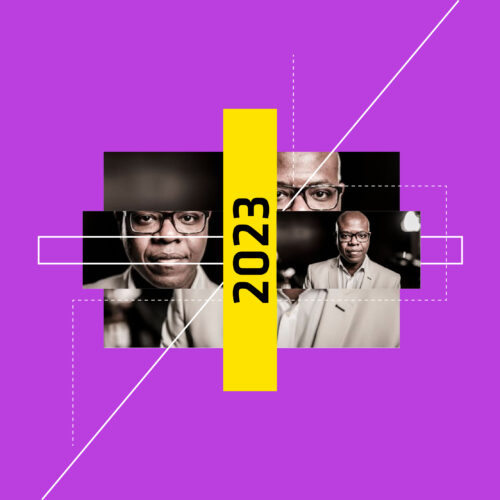
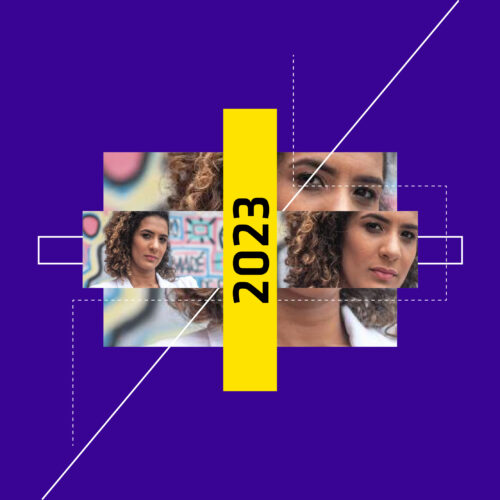
2023
Anielle Franco is sworn in as Minister of Racial Equality
On 11 January 2023, Anielle Franco, a black academic and English teacher, and sister of Marielle Franco, councillor and activist murdered in Rio de Janeiro, took over as Minister of Racial Equality in Brazil. Educator, journalist, writer and feminist, with academic training in the United States, Anielle defends the anti-racist cause and the promotion of English from a perspective of overcoming inequalities.
